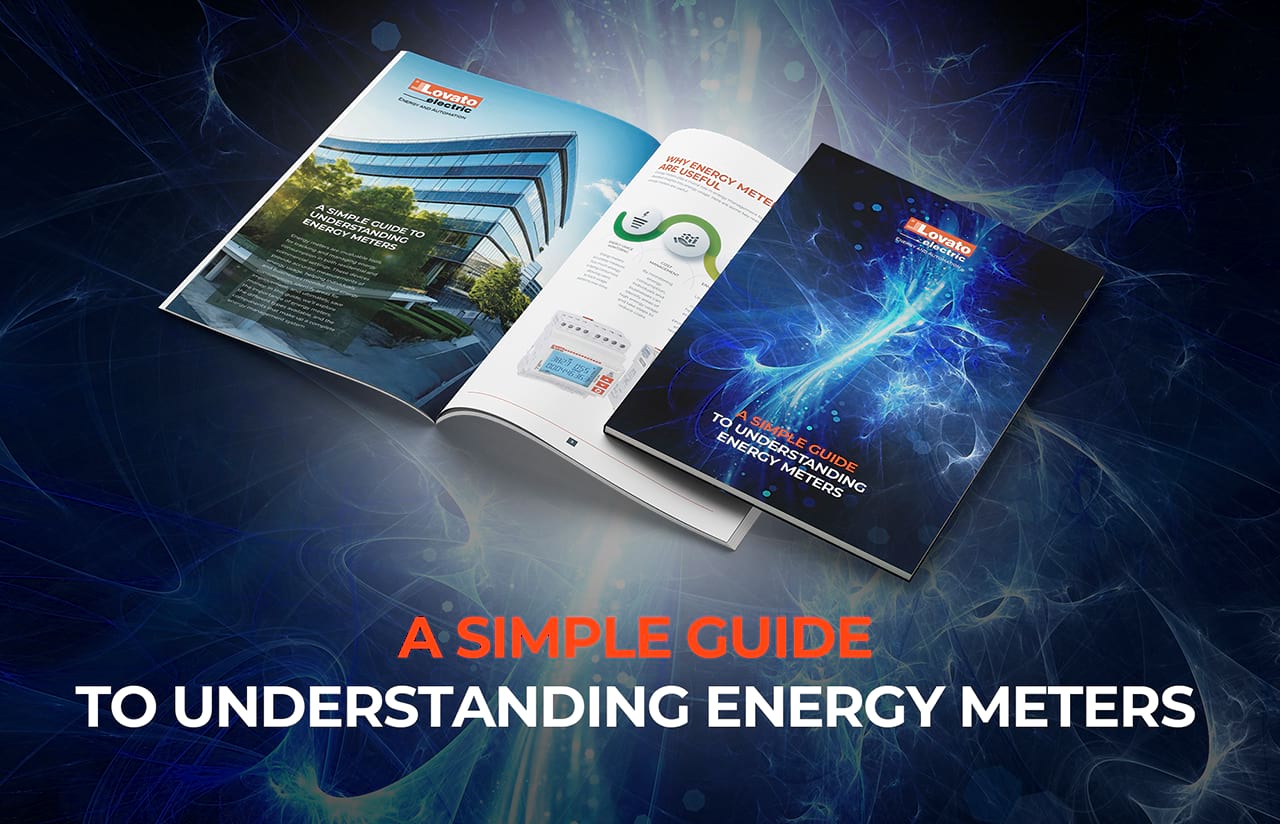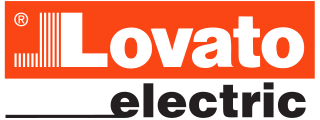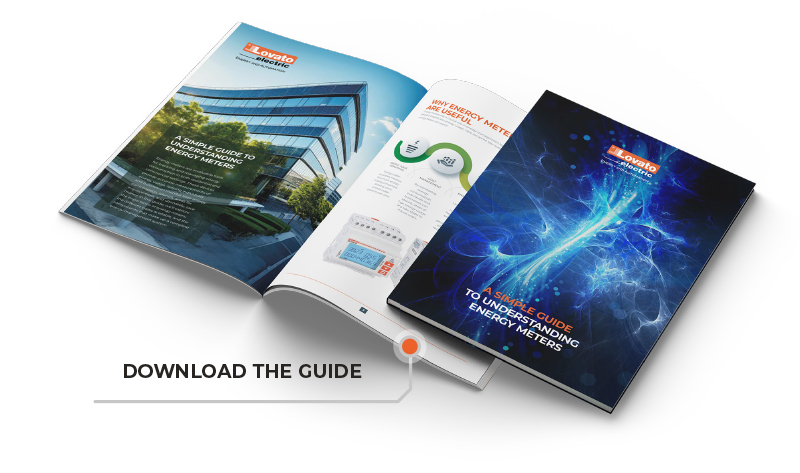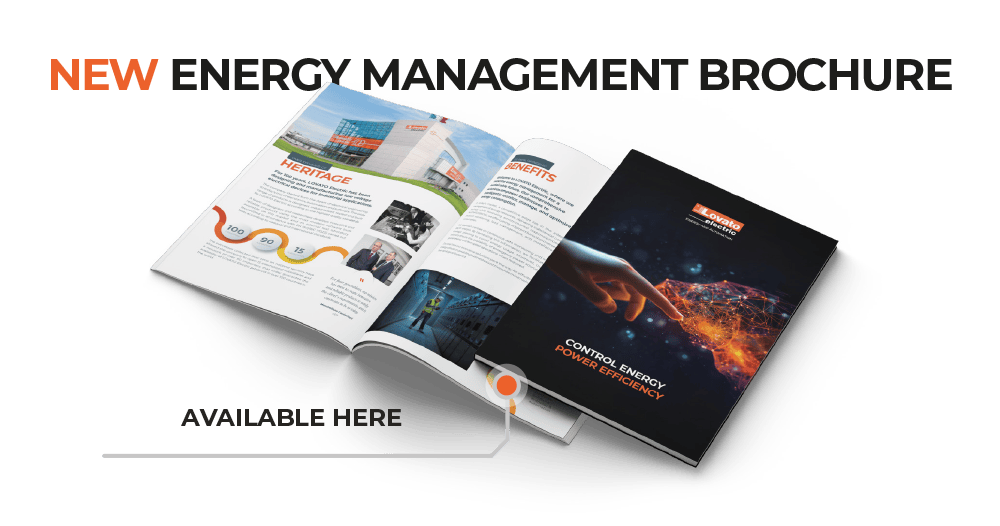
A simple guide to understanding energy meters
Energy meters are invaluable tools for tracking and managing energy consumption in both residential and commercial settings. These devices provide accurate measurements of energy usage, helping individuals and businesses monitor their energy consumption, identify areas for improvement, and ultimately, save money.
In this guide, we’ll explore the importance of energy meters, the different types available, and the components that make up a complete energy management system.
Why Energy Meters are Useful
Energy meters play a crucial role in energy management by providing detailed insights into energy usage. Here are some key reasons why energy meters are useful:
Energy Usage Monitoring
Cost Management
By monitoring energy consumption, individuals and businesses can identify areas of high energy usage and take steps to reduce costs.
Environmental Impact
Billing Accuracy
by measuring the exact amount of energy used.
Different Types of Energy Meters
Energy meters come in various types, each suited to different applications and requirements. Here are some common types of energy meters:
Analog Meters
These are traditional electromechanical meters that use rotating dials to measure energy consumption. While accurate, they require manual reading and are being phased out in favour of digital meters.
Key benefits
- Simple and reliable
- Low initial cost
- No external power source required.
Digital Meters
Digital meters display energy usage in digital format, making them easier to read and more accurate than analogue meters. They can be programmed to record usage at specific intervals, providing detailed data for analysis.
Key benefits
- Accurate readings
- Easier to read than analogue meters.
- Can be programmed for specific intervals
Smart Meters
Smart meters are digital meters equipped with communication technology that allows two-way communication between the meter and the utility company. They provide real-time data on energy usage and can transmit this data remotely, eliminating the need for manual reading.
Key benefits
- Real-time data on energy usage
- Remote monitoring and control
- Enables dynamic pricing and demand response programs
Sub-Meters
Sub-meters are used in commercial or multi-tenant buildings to measure energy usage in specific areas or by individual tenants. They help identify areas of high consumption and allocate costs accurately.
Key benefits
- Granular data on energy usage
- Helps identify energy waste and inefficiencies.
- Allows for accurate cost allocation

Components of an Energy Management System
A complete energy management system consists of several components working together to monitor, analyse, and optimise energy usage.
These components include:
- Energy Meters: Measure energy consumption accurately.
- Data Acquisition System (DAS): Collects data from energy meters and other sensors.
- Energy Management Software: Analyses energy data, identifies usage patterns, and generates reports.
- Control Systems: Automate energy-consuming systems for optimal efficiency.
- Energy Efficiency Measures: Implement changes based on data analysis to reduce energy consumption.
Energy meters are indispensable tools for managing energy consumption effectively. By providing accurate data on energy usage, they help individuals and businesses identify areas for improvement, reduce costs, and minimise environmental impact. Whether it’s an analogue meter for a residential property or a smart meter for a commercial building, choosing the right energy meter is the first step towards efficient energy management.
When combined with a comprehensive energy management system, energy meters empower users to make informed decisions and achieve energy efficiency goals.
For more on energy management, download our brochure:
How Lovato Electric UK can help
With rising energy costs and environmental responsibilities, intelligent energy optimisation is key for organisations today. Lovato’s solutions deliver the insight and tools needed to:
- Pinpoint areas for increased efficiency in your operations.
- Balance energy loads to avoid peak charges.
- Verify power quality and prevent equipment issues.
- Seamlessly switch to emergency power as needed.
- Quantify savings and track progress over time.
Backed by over 100 years of experience in energy and automation, Lovato also provides ongoing technical partnership and support.
Our comprehensive approach helps businesses save substantially on costs while meeting sustainability goals.
Contact us today to begin your energy management journey with LOVATO. You can also keep up with the latest news from LOVATO Electric by following us on LinkedIn.


